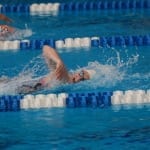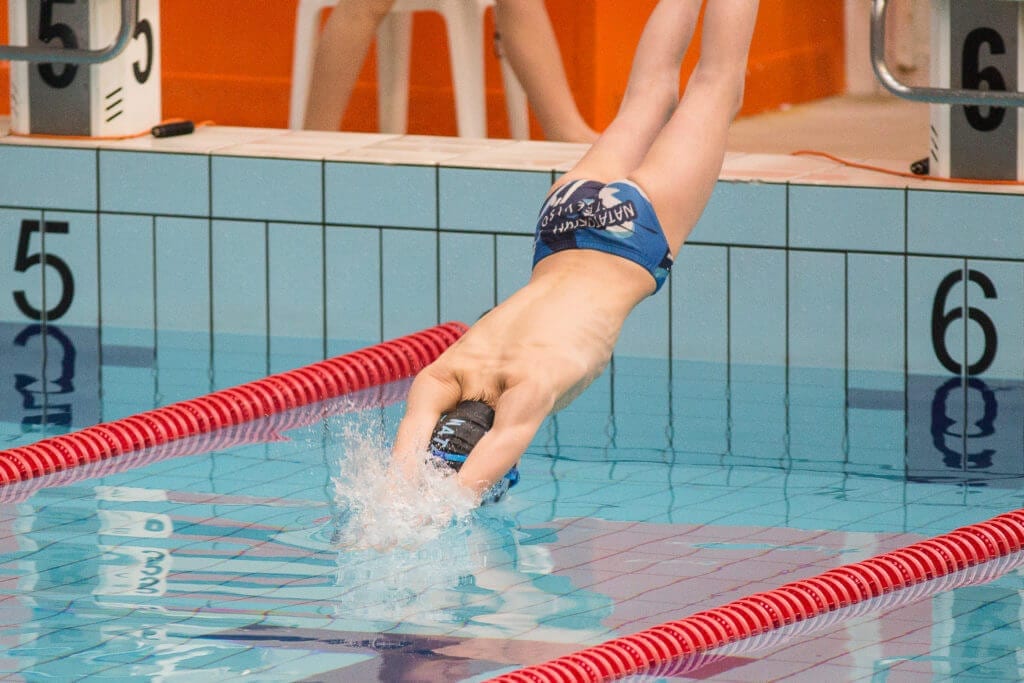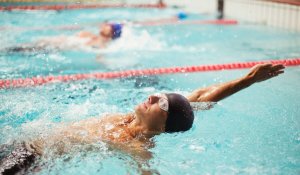
Time Management
Time management is imperative in competitive. A typical day for a division I swimmer is nonstop swimming, class and studying from 5 a.m. to 8 p.m. and often later. Every minute counts and getting up early is just part of the deal. Swimmers learn early that time management and planning ahead can help save precious time. Today, waking up early is easy for me, and I manage my day effectively because of the lessons I learned in college.
Self-Motivation
During a swim practice, your head is out of the water for about 15 minutes over two hours. While you may have a great coach and team, it is your own thoughts that keep you going to the maximum. In any arduous task, project or goal I set for myself today, the tricks I learned to motivate myself when I was a swimmer are key to my success.
Hard Work & Mental Toughness
Swimming practices are hard. Unlike many sports where during practice there is a lot of standing around and waiting, swimmers are constantly swimming. There is no sitting on the bench or waiting your turn and every thing you do is timed. There is no way to slack!
Many times practices also require certain breathing patterns or kicking entire laps completely underwater, without a breath. These challenges require equal parts of hard work and mental toughness to push your body to stay underwater even though it feels like you might die.
Commitment
Competitive swimming demands a lot of time, energy and sacrifice. Most top-level swimmers only take about two weeks off per year and only one day off per week. A lot of sacrifices are made to achieve goals: few vacations and no staying up late with friends. Today, I understand that sacrifice and commitment can pay off in all aspects of life from family obligations to professional. Immediate gratification, while it can seem like a great idea at the time, does not always help you achieve your goals.
Proper Nutrition
Because swimming is such a physically demanding sport using every muscle group, caloric expenditure is high and re-fueling is key to having strong practices day after day. Some athletes may refuel with junk foods like pizza, hot-dogs, sugary cereals and desserts, but these athletes are making it harder for their bodies to perform their best. Eating healthy will allow you to perform your best, increasing your energy and decreasing the likelihood of illness. This applies to everyday life. Starting the morning with a healthy breakfast begins the day on the right track, no matter what you are doing.
Working in a Team
Swimmers know how to work hard on their own, while also motivating teammates. It is both an individual and a team sport, so there is a delicate balance of working hard for yourself while also caring about and motivating your teammates. This translates well to the working world where you are often responsible for their own success, but you also need to work with your teammates to ensure company-wide success.
There are many life lessons that can be learned from competitive swimming. It is a unique sport in the demands of time, dedication and physical effort.




